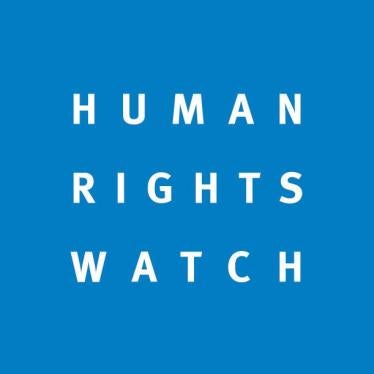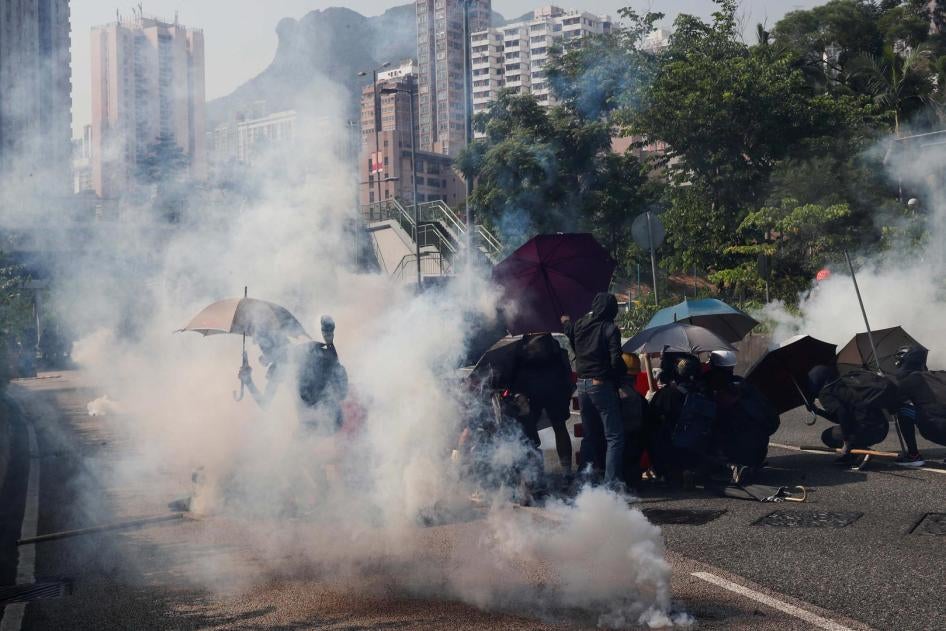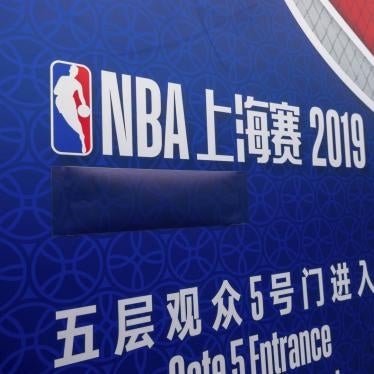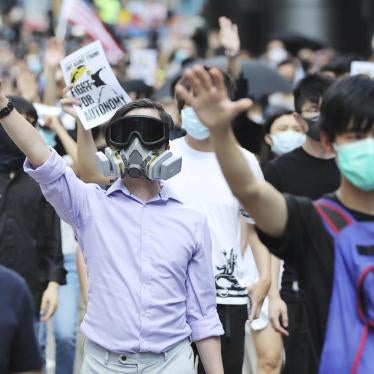“If the police fired tear gas, I’d throw it right back,” a relative told me, as a recent protest in Hong Kong was about to start. That sentiment was startling, given that this protester is 80 years old.
Like many in his generation who fled mainland China for Hong Kong, my elderly relative had long had faith in the Chinese Communist Party. He used to adore Mao and was willing to overlook many of the Party’s catastrophes because of its achievements.
But three months of protests, the increasing ineptitude of the local authorities, and years of erosion of freedoms by the Party have changed the minds of many like him in Hong Kong. The Chinese government has seriously mishandled the situation and the Hong Kong authorities are continuing down this track by invoking the Emergency Regulations Ordinance.
During recent clashes between protesters and the police across the city, you could see people directing protesters to safety, and opening their homes and businesses to shelter them, showing that the demonstrations have evolved into a city-wide resistance movement.
That support appears steadfast as the protests become increasingly confrontational. Police have unleashed tear gas, rubber bullets, and beatings on protesters, with numerous incidents of abuses, while some protesters have retaliated with Molotov cocktails and bricks. Then, on Oct. 1, while the Party marked the 70th anniversary of its rule of China with a military parade in Beijing, an ugly altercation where a group of protesters who were
beating a police officer ended with another officer shooting and seriously wounding an 18-year-old. It was the first use of live ammunition in the weeks of protests that began in early June.
But while the world is transfixed with the street-level clashes in Hong Kong, it is important to step back to think how Hong Kong came to this feverish point.
Imagine if, after people went on the streets in 2014 in a months-long peaceful protest known as the “Umbrella Movement,” the Chinese government had granted Hong Kong universal suffrage – a right people are entitled to under the city’s functional constitution, the Basic Law. People would have had the chance to vote and to run for office. One can imagine that many of the teenagers demonstrating extraordinary civic commitment could have expressed their political passions in the democratically elected legislature rather than the city’s seething streets.
But instead the Chinese government reached into its authoritarian tool box and pulled out its only tool: a hard line stance. Since 2014, the administration in Beijing and the Hong Kong government have
ejected elected legislators from public office and
disqualified candidates whose views they dislike. They have
prosecuted dozens of Hong Kong pro-democracy leaders. A
bookseller and a tycoon – both holding foreign passports – were abducted from Hong Kong to the mainland under murky circumstances.
The Chinese and Hong Kong authorities tried to impose draconian legislation that would
force people to “respect” the Chinese national anthem, and another law that would allow the
extradition of suspects to China’s dubious criminal justice system. They
banned a political party that peacefully promotes Hong Kong independence – an idea rarely heard of 10 years ago, but that has grown more frequent as Beijing tightens its control.
Riot police are now a common sight in the city and, after weeks in which authorities have rejected independent inquiries into excessive use of force, public confidence has vanished. That those police carry with them live ammunition and the high stress and a lack of accountability has left Hong Kong in a volatile situation.
Under the Emergency Regulations Ordinance, the Hong Kong government has introduced regulations the chief executive, Carrie Lam, considers “in the public interest,” notably imposing a
ban on face masks at all demonstrations, including peaceful ones.
If Ms. Lam and other Hong Kong officials are serious about quelling the protests in the short term, they should make a U-turn right now. They should acknowledge that public confidence in the police and the government are plummeting, and agree to an independent investigation into the force’s handling of the protests.
Fortunately, my relative hasn’t lobbed any tear gas back at the police. But the Beijing leaders need to understand why they have lost the support of some of the very people who might have cheered at the National Day celebrations – that the people of Hong Kong expect accountability and freedoms. Continuing to deny those rights is likely to fuel more protests.









